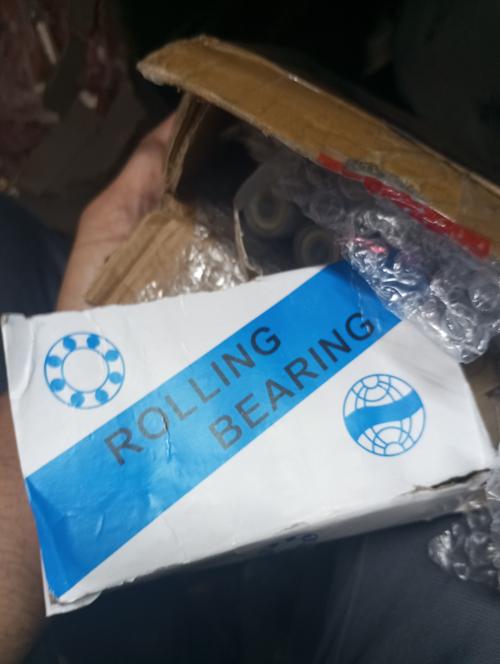Industrial High Temperature Bearings: The Ultimate Guide for Reliable Performance in Extreme Conditions
Introduction
Industrial high temperature bearings are critical components in machinery operating under extreme thermal stress. Designed to withstand temperatures exceeding 300°C, these specialized bearings ensure smooth operations in industries like steel manufacturing, chemical processing, and power generation. This guide explores their technical specifications, applications, and best practices for selection and maintenance.
What Are Industrial High Temperature Bearings?
Industrial high temperature bearings are engineered to maintain structural integrity and lubrication efficiency in environments where conventional bearings fail. Constructed from heat-resistant materials like silicon nitride or stainless steel, they prevent thermal expansion issues and reduce friction even under prolonged exposure to extreme heat.
Key Applications in Harsh Environments
 These bearings excel in:
These bearings excel in:
- Steel mills: Supporting rollers in reheating furnaces
- Chemical plants: Handling corrosive vapors at elevated temperatures
- Power generation: Operating in turbine systems
- Glass manufacturing: Withstanding molten material processing
Types of High Temperature Bearings
Two primary categories dominate the market:
- Rolling Element Bearings: Use ceramic balls for reduced thermal expansion
- Plain Bearings: Incorporate graphite-based self-lubricating materials
Purchasing Considerations
Select bearings based on:
- Temperature range requirements
- Radial/axial load capacities
- Material compatibility with operational environment
- Lubrication system efficiency
- Industry certifications (ISO 20816, API 610)
Maintenance Best Practices
Extend bearing lifespan through:
- Regular thermal gap adjustments
- Specialized high-temperature grease replenishment
- Vibration monitoring systems
- Quarterly alignment checks
Why Choose Our Industrial High Temperature Bearings?
Our bearings feature patented cooling channel designs and NASA-grade ceramic composites, offering 35% longer service life than industry standards. Custom solutions available for specific operational challenges.
FAQs
Q: What maximum temperature can these bearings withstand?
A: Standard models operate at 350°C; custom units reach 600°C.
Q: How do ceramic bearings compare to steel variants?
A: Ceramic offers better thermal resistance but requires precise installation.
Q: What lubrication interval is recommended?
A: Every 1,200 operational hours under extreme conditions.
Conclusion
Optimize your machinery's performance in extreme conditions with precision-engineered industrial high temperature bearings. Contact our engineering team today for customized solutions or browse our certified product catalog.




 13869596835
13869596835